by Natalie Wong
Hopes for Legco triumph in September cloud over as new law introduces major potential hurdles for candidates from localist and pan-democrat camps
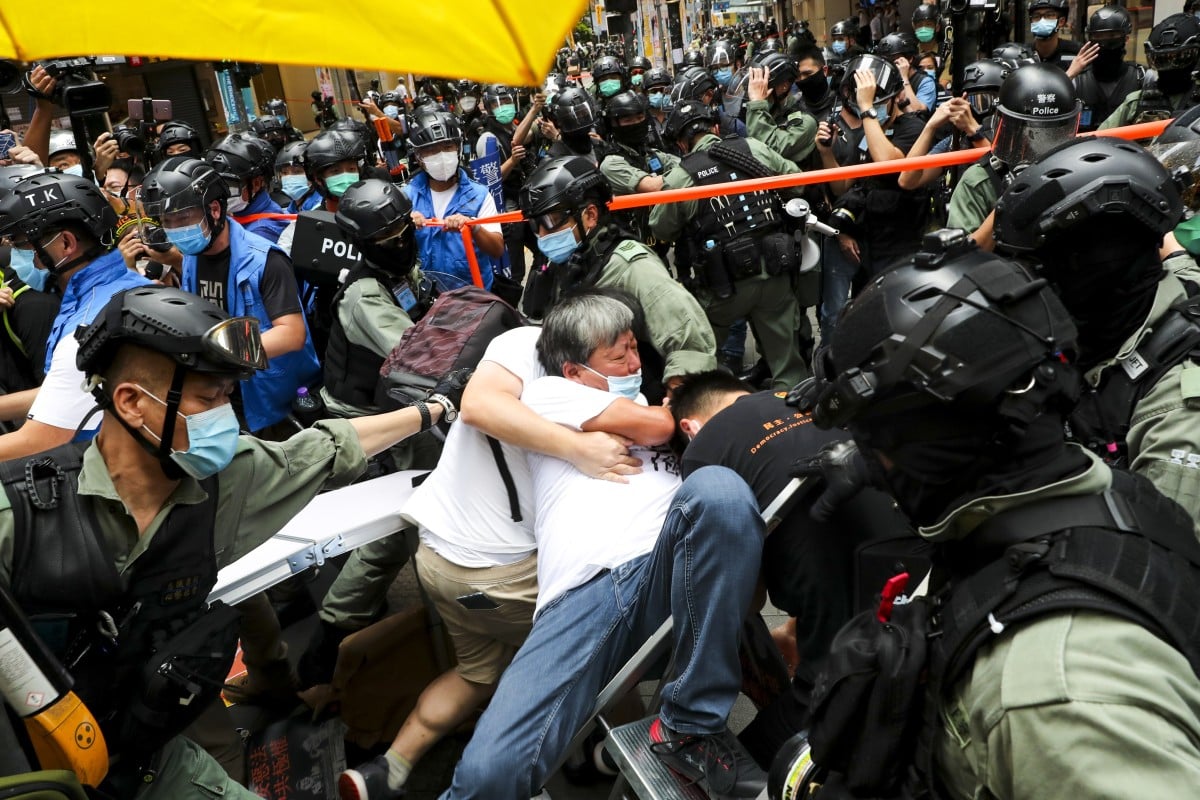
Veteran opposition politician Lee Cheuk-yan is surrounded by riot police during an illegal demonstration against Hong Kong’s new national security law on July 1. Photo: Sam Tsang
Hong Kong’s localist and pan-democrat politicians face an uncertain future ahead of September’s Legislative Council elections, as the newly passed national security law has effectively empowered authorities to disqualify candidates and halt their overseas activities.
Analysts warned that even if mainland authorities choose not to wield their sweeping power against candidates who fail to demonstrate loyalty to the regime, the law’s ambiguity could create a chilling effect on their campaigns all the same.
I cannot simply say what acts or speeches will disqualify a person. The most important thing is to act according to the law
Localists, an emerging force in Hong Kong politics in recent years, suffered the first blow, as activist group Demosisto and seven other groups that had advocated for self-determination or independence disbanded local operations or shifted overseas before the law even took effect.
But that public step back cannot fully allay their concerns, as the stiffer-than-expected law covers not only activities in Hong Kong but actions outside the territory, including those taken by non-permanent residents, according to Article 38.
It was also unclear if their connections with foreign groups would put them afoul of Article 29, which states that anyone who “receives instructions, control, funding or other kinds of support from a foreign country or an institution” to commit collusion would be in violation of the law.
Activists Nathan Law Kwun-chung and Joshua Wong Chi-fung, who earlier vowed to run for September’s elections under the Demosisto umbrella, said their recent withdrawal from the group would not deter them from running as independent candidates.
Law said he believed Beijing had deliberately made the scope of offences “extremely broad” to threaten pro-democracy politicians, but that he would not step back from the “international battle line”.
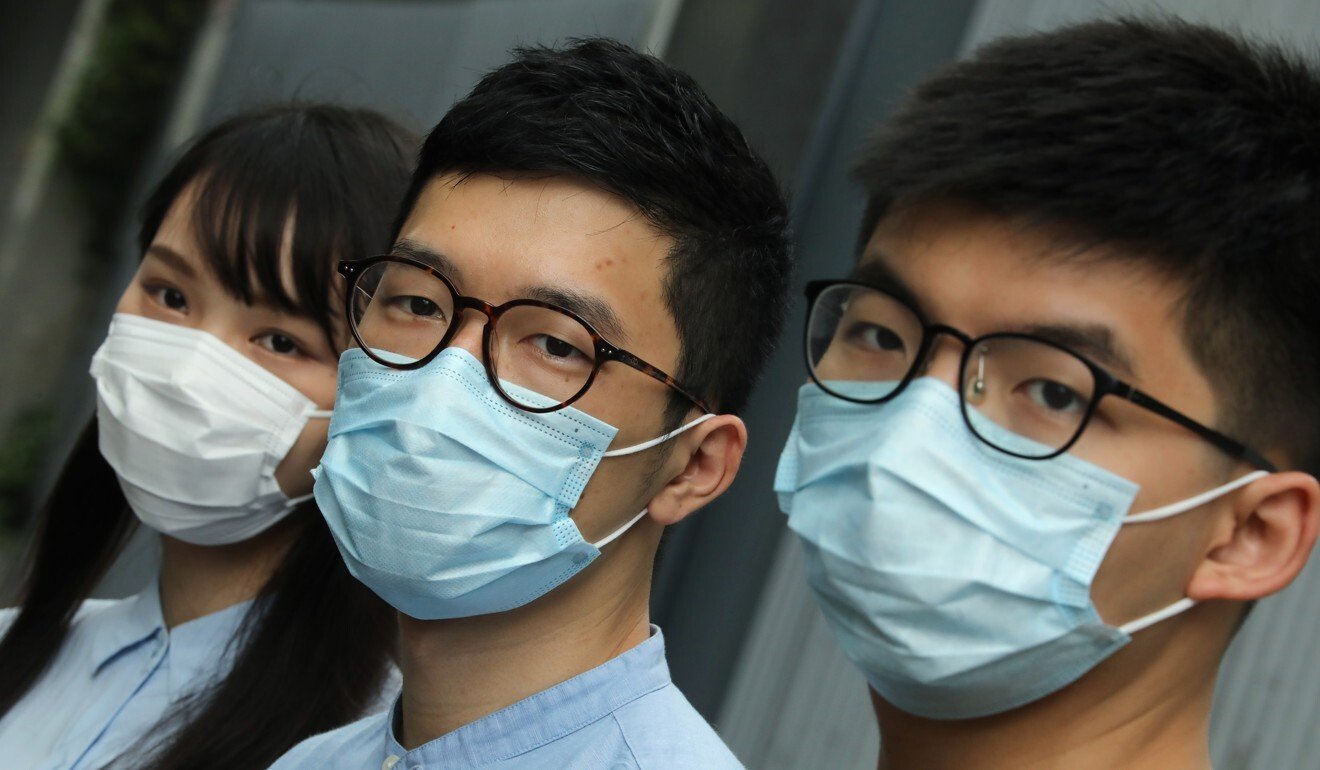
Nathan Law (centre), seen with fellow activists Agnes Chow and Joshua Wong, testified via video conference for the US Congress’ House Foreign Affairs Committee on Wednesday, an act that could put him afoul of the new national security law. Photo: K.Y. Cheng
Law and exiled activist Brian Leung Kai-ping testified via video conference before the United States Congress’ House Foreign Affairs Committee on Wednesday night about the new security law’s implications, the first local political activists to address a high-profile foreign audience since the legislation took effect.
“Participating in the hearing at such a critical time carries certain risks. No matter how my acts comply with international standards and diplomatic logic, I’m not sure if my testimony will be considered as ‘evidence’ of national security law offences,” Law said on his Facebook page before attending the meeting.
While the opposition camp has never held a majority at Hong Kong’s Legislative Council, last year’s anti-government protests propelled them to a landslide victory in November’s district council elections, seeding hope they could do the same at Legco.
With less than three months before September’s polls, the picture of who will run is slowly coming into focus, with primaries in mid July to decide pro-democracy candidates for 35 races across the city’s five directly elected geographic constituencies.
With the nomination period approaching in the later half of this month, Civic Party lawmaker Tanya Chan said the opposition camp faced uncertainty given clauses in the new law that could strip candidates of their right to run for office.
According to Article 35, any resident convicted of security national offences will be banned from running in local elections, while lawmakers, government officials and public office holders will be immediately evicted from their posts if found guilty.
“Does it mean stripping political rights permanently? I dare not say,” Chan said.
Her ally Dennis Kwok, a lawmaker from the legal sector, earlier said he “expected to be ousted” from the legislature, after repeated attacks by Beijing officials who claimed he had violated his oath by stalling the election of the House Committee chairperson.
When asked if someone found guilty of a national security law offence would be disqualified from public office for life, Secretary for Justice Teresa Cheng Yeuk-wah failed to give a definitive answer, but hinted it was possible, as the law states no time frame for the penalty.
The city leader, Carrie Lam Cheng Yuet-ngor, also said that whether a candidate is disqualified from office for objecting to the new security law would be “determined case by case”, as the power to disqualify lies with the electoral officers.
“I cannot simply say what acts or speeches will disqualify a person. The most important thing is to act according to the law,” she said on Wednesday.
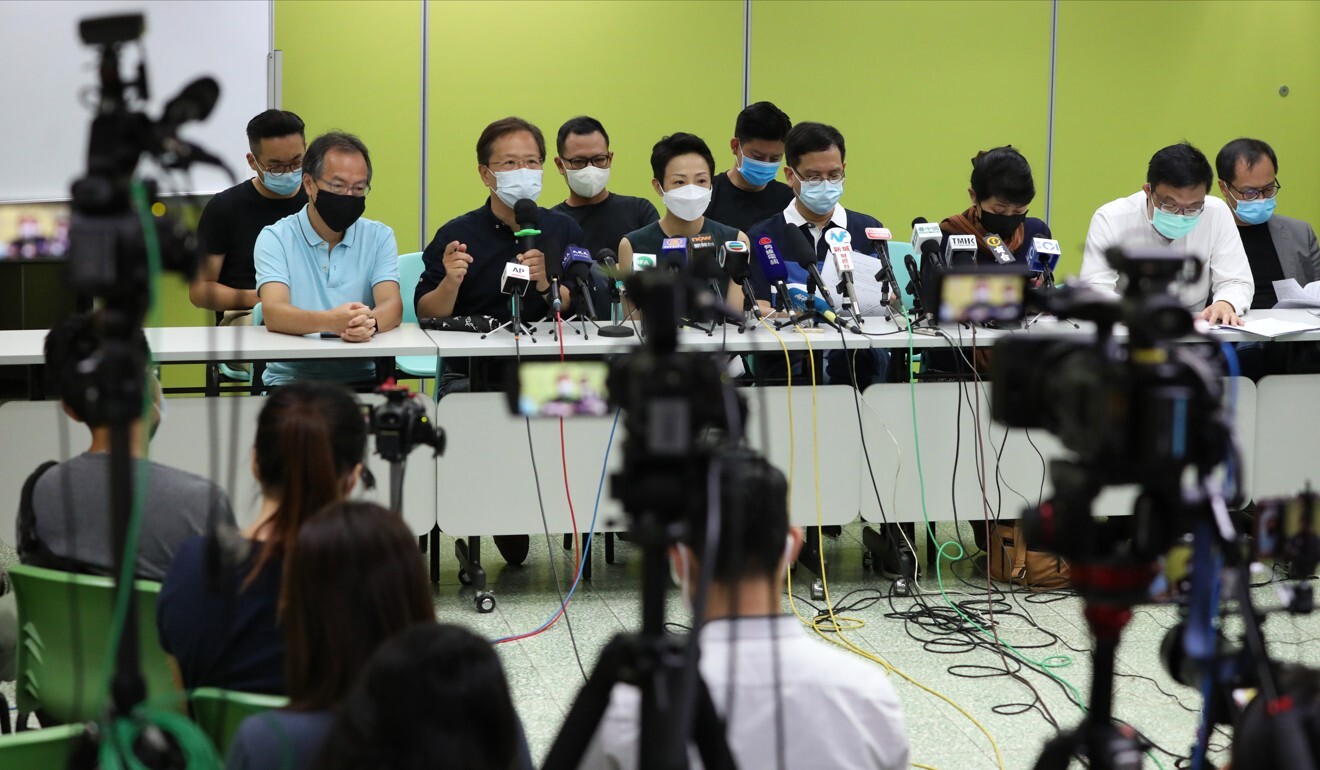
Pan-democratic lawmakers hold a press conference to condemn the new national security law for Hong Kong on July 1. Photo: May Tse
In 2016, six opposition lawmakers were disqualified from taking their seats after the High Court ruled they had taken their oaths improperly.
But even if allowed to run, the law’s ambiguity could influence would-be lawmakers’ campaign messages, according to Dixon Ming Sing, a political-science professor at the Hong Kong University of Science and Technology.
“They will have to act and speak very cautiously in public, especially concerning their stances about the national security law and other government policies, as the offences were defined very sweepingly,” he said.
“Provoking hatred by unlawful means” towards the Hong Kong or central governments could constitute collusion under Article 29, he noted, while “seriously interfering in, disrupting, or undermining” government activities could be subversion under Article 22.
Chinese University political scientist Ivan Choy Chi-keung said the disbandment of political groups advocating for independence and democratic self-determination will deprive some voters, particularly younger ones, of their favoured candidates.
“If [these groups] are suppressed and gone, young people will feel very frustrated,” Choy said, adding it was hard to gauge if the votes would go to others in the opposition.
Additional reporting by Sum Lok-kei and Lilian Cheng
Source: https://www.scmp.com/news/hong-kong/politics/article/3091433/national-security-law-facing-disqualification-or-worse-hong
Follow Middle East and Terrorism on Twitter
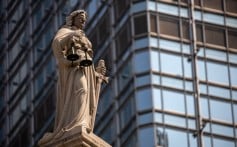
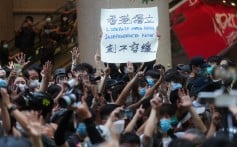
No comments:
Post a Comment